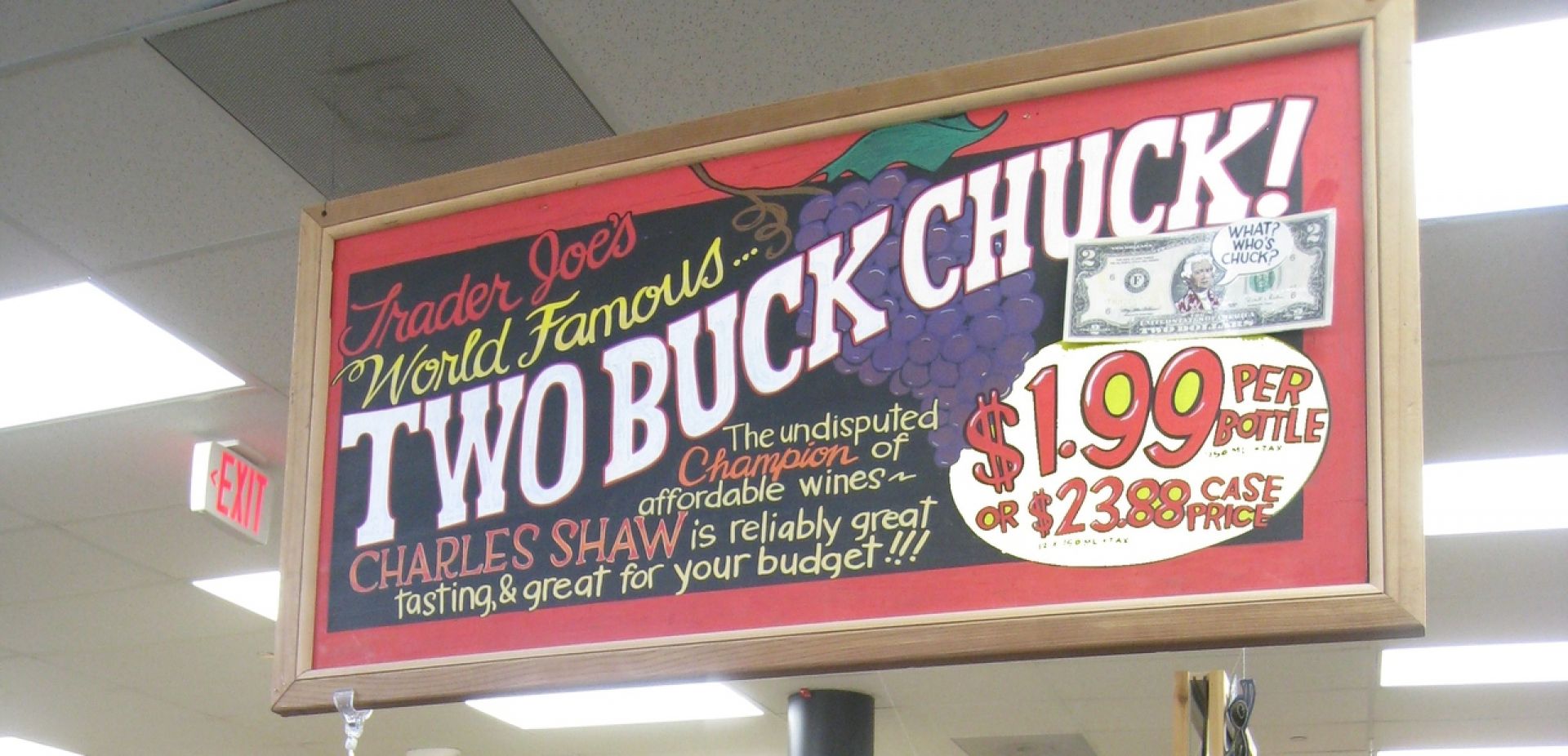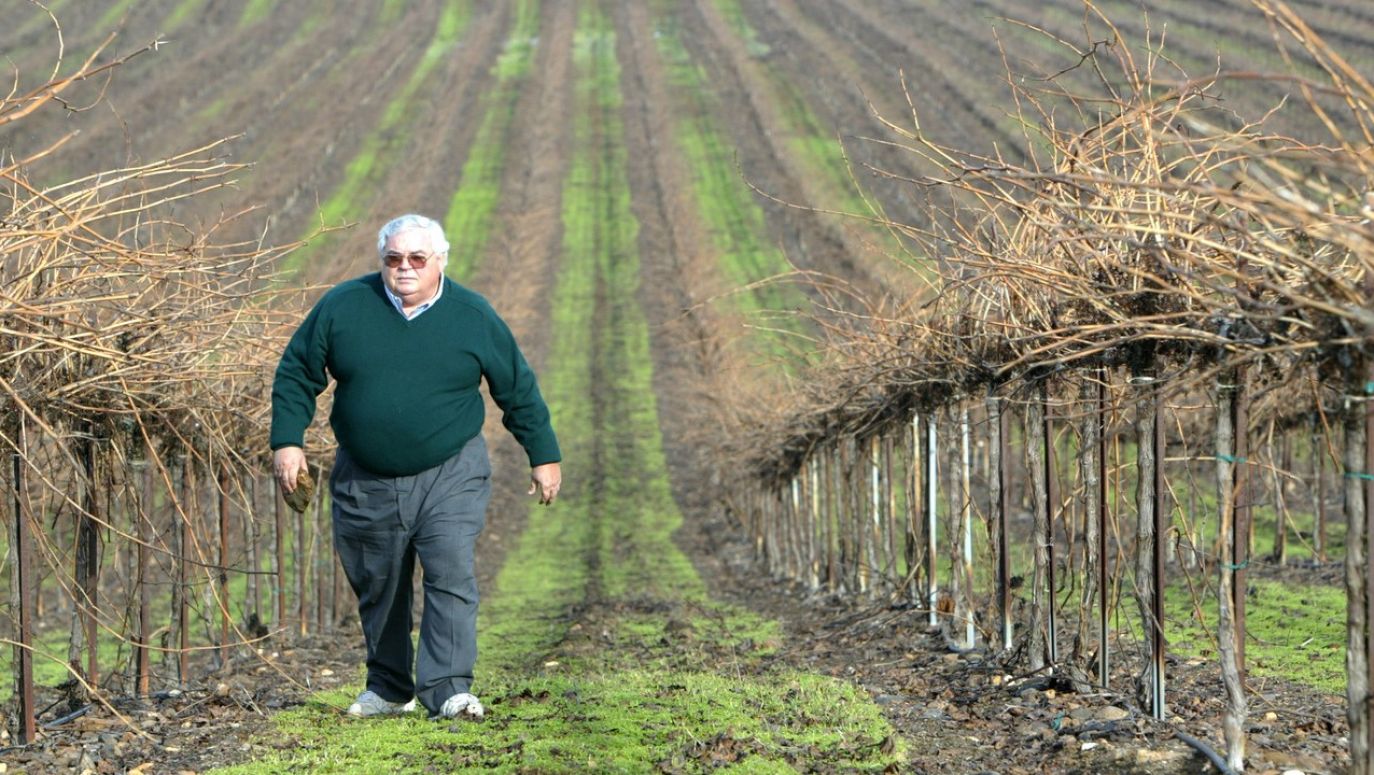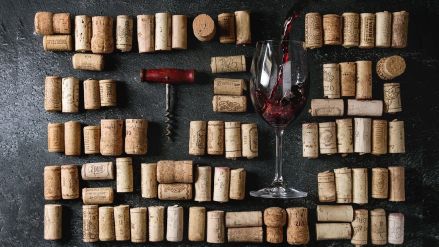In 1973, Fred, his brother, and his cousin founded the Franzia Brothers Winery, which was soon changed to the Bronco Wine Company under pressure from the new owner. Interestingly, Fred Franzia was partially related to the Gallo family (Ernest Gallo was the husband of his aunt Amelia), the founders of the largest and the second in the world family winery - the well-known E&J Gallo.
In 1995, Bronco acquired the right to the cheap Charles Shaw brand in a bankruptcy court, and here you should look for the origins of the future most affordable wine. It appeared on the shelves in 2002 and caused a scandal with its price. It cost… $ 1.99, cheaper than a bottle of mineral water, let alone other drinks! "Cheaper than water? They are charging heavily for it in their shops,”- he used to say.
It seemed like a temporary promotion, but still something completely unreal. However, it has become a fact, although - as it is easy to guess - there were many protests and calls for competition control. It's hard to cheat the American tax office with shop goods, especially in the field of stimulants, but the authorities did not find any shortcomings.
 SIGN UP TO OUR PAGE
SIGN UP TO OUR PAGE 
In that region, the prices of the cheapest bottled wines in supermarkets were $ 7-8. After all, two dollars is almost as much as the cost of packaging, transportation, production, store margin, taxes, etc. Bronco wines were quickly (because of the price, of course) dubbed "Two Buck Chuck"
Large trade concerns also expressed their surprise because the wine appeared only (and it is still today) in the extensive American grocery chain Trader Joe's, which belongs to the German giant Aldi. Trader Joe's is present in most large cities across the ocean, often smaller ones, and has an excellent reputation. It is a leader in introducing its brands, i.e. various products not with the name of the manufacturer but with their own - "Trader Joe's" ( which is less pleasing to their producers.) That is why we can find some products with such an imprint on Aldi's shelves in Poland. However, Charles Shaw's wines do not hold such a position, which was even more surprising to many: where did such attachment to one chain of supermarkets come from? Others would also take this wine, but the trade deal is sacred.
Enthusiasm of customers, sadness of producers
As you can guess, the appearance of such cheap wine did not arouse enthusiasm among Californian winemakers. In addition, the bottles looked elegant; they were corked and covered with matte foil on the neck. If not for the flashy campaign advertising its price, it could stand out on the shelf among much more expensive offers. However, the price was supposed to attract buyers' attention first.
And it was: 300 million bottles were traded in the first five years. Until today, sales have exceeded one billion bottles! In California alone, its sales account for nearly 10 per cent of all wines offered (and therefore consumed)!


 SIGN UP TO OUR PAGE
SIGN UP TO OUR PAGE 





